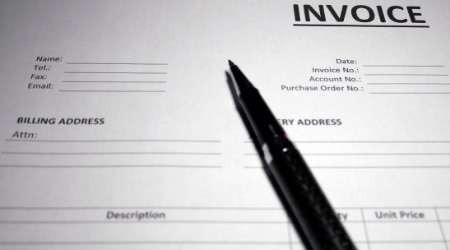In the age of global mobility, relocating employees is increasingly common. Whether you’re looking to establish or boost your business presence in a new location, having boots on the ground can accelerate growth.
To compensate for the cost of living in a new area, some businesses pay employees an allowance that covers things like rent and other housing costs.
Housing allowance meaning
The exact definition of a housing allowance varies from business to business and country to country.
That said, a housing allowance is generally a form of payment designed to cover the costs of housing for employees. This can include rent or mortgage payments, as well as related costs such as cleaning and childcare.
Housing allowances are often provided in situations when an employee has to live somewhere other than their usual area for work purposes, like a remote location or a different state or country. They can be part of an employment contract or offered as an incentive for existing employees to relocate.
How do housing allowances work?
Generally speaking, housing allowances are paid to employees as part of their wages so they can pay for housing expenses themselves.
That said, there are some other options for managing employees’ housing expenses:
- Your business rents or owns the property and you pay for housing on behalf of the employee.
- Your business rents or owns the property, and your employee reimburses your business using their housing allowance.
Depending on your country’s tax laws, you may be able to claim housing allowances as a business tax deduction.
In some cases, housing allowances may be treated as fringe benefits and be subject to an additional tax.
The tax rules around housing arrangements vary depending on factors such as:
- The country or state your business operates in
- The country or state the housing is located in
- Whether the housing used is owned by your business or a third party
- Whether housing expenses are paid for by the employee (using a housing allowance) or by your business
With this in mind, it’s a good idea to check with a local tax specialist to find out what applies to your business.














